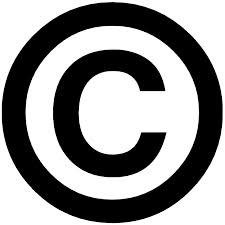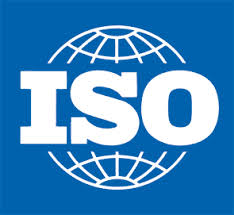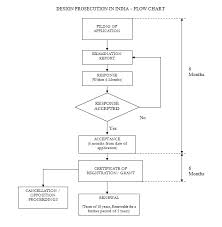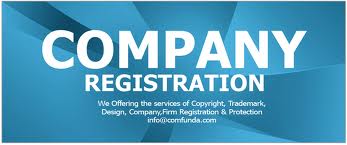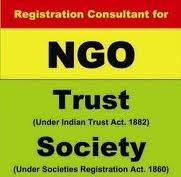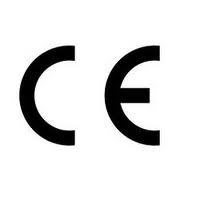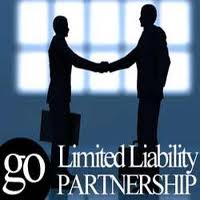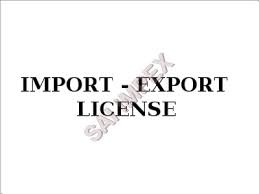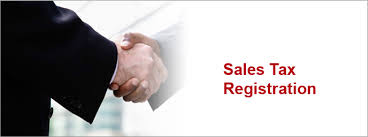Trade Mark
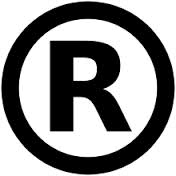
Trade Mark
Your trade mark can be a valuable business asset. Trade marks have come to represent not only actual goods and services, but also the reputation of the business. Some companies spend millions nurturing their corporate identities. Companies like Michelin, Levi Strauss and Intel consider their trade marks their most valuable assets? The President of Coca-Cola stated that the corporation's buildings, machinery, equipment, vehicles and physical property could all be destroyed, but that the business would have no trouble getting back on its feet, provided the trade mark survived.
What is a trademark ?
Trademarks are concerned with brand identity - they can be distinctive words, marks or other features, the purpose of which is to establish, in the mind of the customer, a link between the particular products or services and the company. A trade mark is a sign by which a business identifies its products or services and distinguishes them from those supplied by competitors.
A trademark can be any word (PEPSI), name (TATA), symbol or device (Microsoft), slogan (Yeh Pyas Hai Badi & Thanda Matlab Coca Cola), package design (Coca-Cola bottle) or combination of these that serves to identify and distinguishes a specific product from others in the market place or in trade. Even a sound (Britania chimes) color combination, smell or hologram can be a trademark under some circumstances. The term trademark is often used interchangeably to identify a trademark or service mark.
What can be registered as Trademarks?
Any sign capable of being represented graphically. Thus marks may be one or a combination of words (including slogans), letters, and numerals. They may consist of drawings, symbols, three-dimensional signs such as shape and packaging of goods, audible signs such as music or vocal sounds, fragrances, or colours. Generally, trade marks are protected for specific classes of products and services for periods of 10 years, renewable indefinitely.
What are the requirements for registering a trade mark?
Your trade mark must be distinctive meaning that a customer seeing the mark can immediately link the goods or services to a particular manufacturer/ supplier. Thus commonly used words are generally not acceptable except in a slogan.
Your trade mark must not be deceptive. It must not be such that it would deceive the public as to the geographical origin or to the nature, quality, or other characteristics of the product or service.
Your trade mark must not be descriptive. It cannot describe the product or service.
Your trade mark must not belong to the exclusions provided by the law e.g. photographs, drawings or names of people or places unless they can be shown to be particularly distinctive.
Your trade mark must be in conformity with public order and morality. Remember that registration of a company name, a business name or a domain name is not the same as registering a trade mark. The requirements are different.
Send Enquiry
